UNESCO-ICHEI signed a project agreement with UNESCO-IITE
On 11 October 2021, UNESCO-ICHEI and the UNESCO Institute for Information Technologies in Education (UNESCO-IITE) signed an agreement on a joint project named “Digital transformation of higher education in Central Asia”. This joint project will contribute to the quality higher education in Central Asian and other Russian speaking countries, as well as the realization of the UNESCO's Education Agenda.

International Institute of Online Education (IIOE), set up by UNESCO-ICHEI, has provided timely trainings to more than 8,000 university workforce in 135 countries all over the world. It is believed that this will be a promising solution to support Higher Education Institute (HEIs) and their workforce in Central Asian and other Russian speaking countries. IIOE will serve as the platform for the implementation of the project, which enables the development and localization of quality educational resources and teacher training courses in Russian.
During the signing ceremony, both directors emphasized that this cooperation is a great starting point for a long-term strategic partnership between the two organizations that share the same value. Prof. Zhan spoke highly of UNESCO-ICHEI's achievement and described it as "a rising star among the UNESCO Category 2 centres". He also pointed out ICHEI's contribution to UNESCO's mission and to global higher education has been widely recognized by many partners and member states.

As UNESCO-IITE's focal point for this joint project, Ms. Svetlana Knyazeva, Chief of Digital Pedagogy and Learning Materials, briefly summarized the expected outcomes of this project, highlighting that UNESCO-IITE has been promoting open educational resources and this project will surely contribute to the increased access to open education. In response, Mr. Lyu Feng, Assistant Director and Chief of IIOE Management Centre, agreed that this project with UNESCO-IITE is a win-win cooperation, as well as a collaboration on the basis of complementary advantages. He added that the expansion of IIOE to Central Asia and the broader Russian speaking region is of great significance, as Russian is one of the six working languages of the United Nations and is the first or second language of more than 200 million people on the planet.




